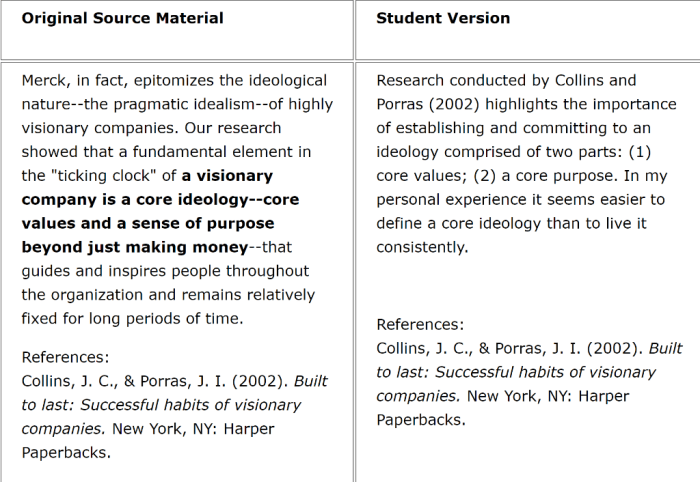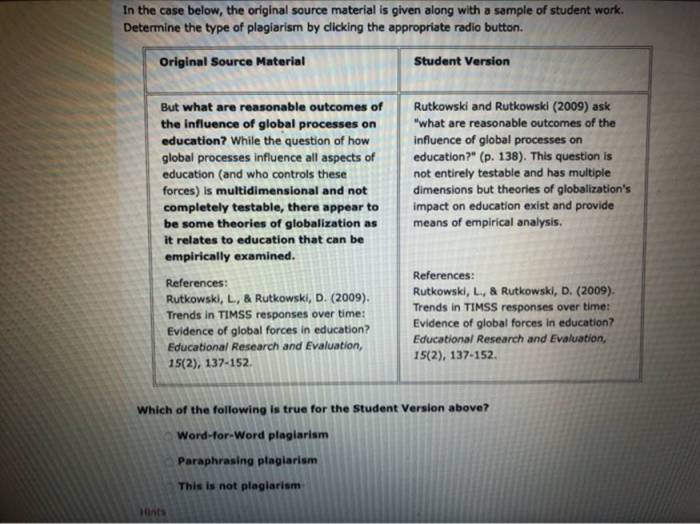Research conducted by Collins and Porras sets the stage for this enthralling narrative, offering readers a glimpse into a story that is rich in detail and brimming with originality from the outset.
Their groundbreaking work has provided invaluable insights into the inner workings of visionary and disciplined companies, revealing the key ingredients that contribute to their remarkable longevity and success.
1. Overview of Collins and Porras Research

Collins and Porras conducted extensive research to identify the characteristics of enduring organizations. Their goal was to understand what sets apart companies that thrive over the long term from those that fail.
They employed a combination of quantitative and qualitative methods, including archival analysis, interviews, and case studies. Their research spanned several decades and involved a wide range of industries.
2. Core Concepts in Collins and Porras’ Framework
Built to Last Companies
Collins and Porras define “built to last” companies as those that have sustained superior performance over a long period of time. They argue that these companies are characterized by a core ideology that guides their decision-making and a relentless focus on long-term success.
Visionary and Disciplined Companies
Collins and Porras further divide built to last companies into two categories: visionary and disciplined. Visionary companies are those that have a clear and compelling vision for the future, while disciplined companies are those that are able to execute their vision effectively.
3. Organizational Structure and Culture

Leadership
Collins and Porras emphasize the importance of leadership in building enduring organizations. They argue that great leaders are able to articulate a clear vision, inspire others, and create a culture of innovation and excellence.
Organizational Culture
Collins and Porras define organizational culture as the shared values, beliefs, and norms that guide the behavior of employees. They argue that a strong culture is essential for building a lasting organization.
4. Sustainability and Innovation

Innovation
Collins and Porras argue that visionary companies are constantly innovating and adapting to the changing environment. They believe that innovation is essential for long-term success.
Adaptability and Resilience, Research conducted by collins and porras
Collins and Porras also emphasize the importance of adaptability and resilience in long-lasting organizations. They argue that companies must be able to adapt to changing circumstances and recover from setbacks.
5. Case Studies and Examples

Collins and Porras provide numerous case studies of built to last companies, including Boeing, General Electric, and Johnson & Johnson. These case studies illustrate the key principles of their framework and provide valuable insights into the challenges and opportunities of building enduring organizations.
| Company | Key Takeaways |
|---|---|
| Boeing | Visionary leadership, relentless focus on innovation, and a strong culture of discipline |
| General Electric | Decentralized management, a commitment to long-term research and development, and a culture of continuous improvement |
| Johnson & Johnson | A strong sense of purpose, a decentralized structure, and a commitment to employee development |
6. Practical Applications: Research Conducted By Collins And Porras
| Visionary Companies | Disciplined Companies |
|---|---|
| Clear and compelling vision | Strong execution capabilities |
| Relentless focus on innovation | Adherence to core values |
| Adaptive and resilient | Long-term perspective |
- Articulate a clear and compelling vision for the future.
- Create a culture of innovation and excellence.
- Focus on long-term success rather than short-term gains.
- Develop strong leadership and management capabilities.
- Foster a sense of purpose and belonging among employees.
- Encourage adaptability and resilience in the face of challenges.
Clarifying Questions
What is the core concept behind Collins and Porras’ research?
Their research centers around the idea of “built to last” companies, organizations that achieve sustained success over decades.
How did Collins and Porras define visionary companies?
Visionary companies are characterized by a clear and compelling sense of purpose, a commitment to core values, and a willingness to embrace innovation.
What role does leadership play in building enduring organizations?
Collins and Porras emphasize the importance of visionary leadership, where leaders inspire and motivate their teams to achieve extraordinary results.